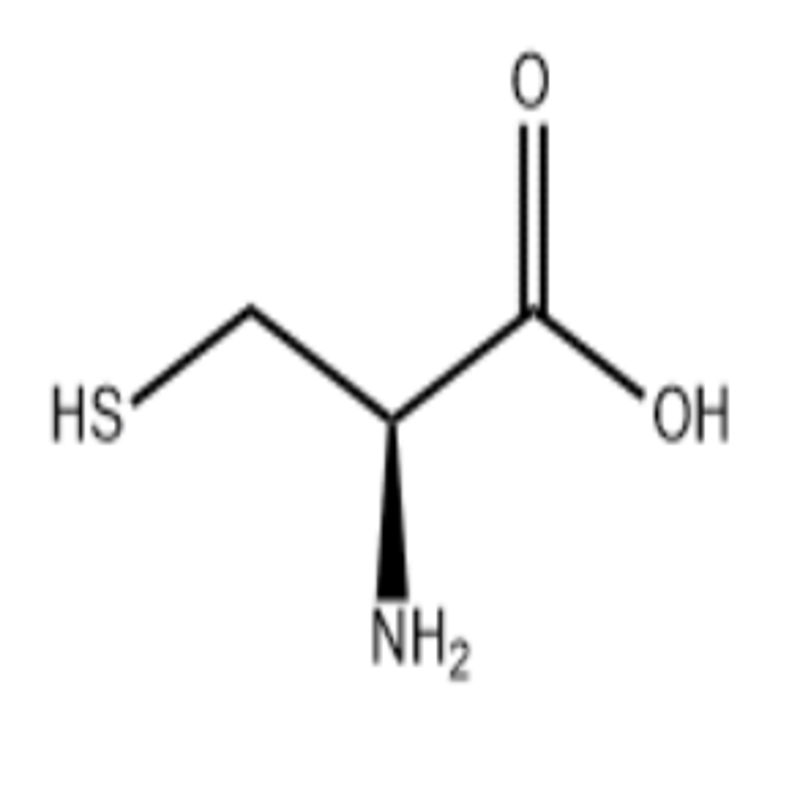The invasive species genome project was the first to come to an end
-
Last Update: 2021-03-16
-
Source: Internet
-
Author: User
Search more information of high quality chemicals, good prices and reliable suppliers, visit
www.echemi.com
September 17th, Nature-Newsletter published the first collaboration of the IAS1000 (1000 Invasive Species Genome Project) online. From the perspective of gene replication and mutation, multi-national scientists have revealed the adaptive evolution and drug-resistant molecular mechanism of the host in the process of global invasion, and provided new ideas and methods for the comprehensive management of apple cider.
, author of the paper and a researcher at the Institute of Plant Protection of the Chinese Academy of Agricultural Sciences and the Shenzhen Agricultural Genome Research Institute, said that apple slugs are the world's major infested insects, with larvae drilling into apples, pears and other fruits. At present, 70 countries have invaded six continents, with an annual area of about 750,000 mu in China, resulting in economic losses of up to 300 million yuan/year and potential economic losses of up to 14 billion yuan/year.Li Fei, author of the
paper and a professor at Zhejiang University, said the study used high-volume sequencing techniques to build a high-quality chromosomal-level apple cicada genome, analyze the evolution of its chemical receptors and drug-resistant gene families, and use genome-wide association analysis to identify mutations in genes associated with chemical pesticide resistance.
analysis found that several genes in the ORs gene family of apple cicada odors had copied events during evolution, including the polyester gene OR3, the main chemical component of apple cider host plant volatiles, which produced OR3a and OR3b. The research shows that OR3a and OR3b are both the subject genes of pear ester and sex information pigment, which are functionally complementary and synergistic, and reveal the adaptive evolution mechanism of the host in the process of global expansion of apple cider.
evolutionary analysis of the family of anti-drug-related genes has found that a large number of P450 genes in the apple's genome may enhance their detoxifying metabolism. By interfering with the CYP6B2 gene, the researchers reduced the sensitivity of apple larvae to two chemical pesticides, the mortality rate was significantly higher than that of the control, and there was no significant change in sensitivity to aphids, thus revealing that the apple cyp6B2 gene was involved in the resistance mechanism of methyl glutphosphate and bromocyanide pesticides. (Source: Li Chen, China Science Journal)
relevant paper information:
This article is an English version of an article which is originally in the Chinese language on echemi.com and is provided for information purposes only.
This website makes no representation or warranty of any kind, either expressed or implied, as to the accuracy, completeness ownership or reliability of
the article or any translations thereof. If you have any concerns or complaints relating to the article, please send an email, providing a detailed
description of the concern or complaint, to
service@echemi.com. A staff member will contact you within 5 working days. Once verified, infringing content
will be removed immediately.







